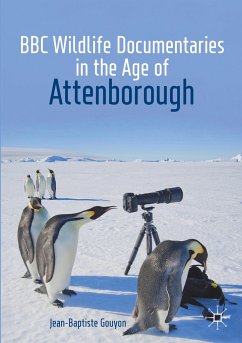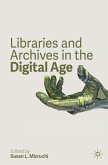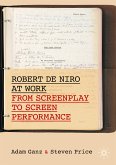This book explores the history of wildlife television in post-war Britain. It revolves around the role of David Attenborough, whose career as a broadcaster and natural history filmmaker has shaped British wildlife television. The book discusses aspects of Attenborough's professional biography and also explores elements of the institutional history of the BBC-from the early 1960s, when it was at its most powerful, to the 2000s, when its future is uncertain. It focuses primarily on the wildlife 'making-of' documentary genre, which is used to trace how television progressively became a participant in the production of knowledge about nature. With the inclusion of analysis of television programmes, first-hand accounts, BBC archival material and, most notably, interviews with David Attenborough, this volume follows the development of the professional culture of wildlife broadcasting as it has been portrayed in public. It will be of interest to wildlife television amateurs, historians of British television and students in science communication.
Bitte wählen Sie Ihr Anliegen aus.
Rechnungen
Retourenschein anfordern
Bestellstatus
Storno








